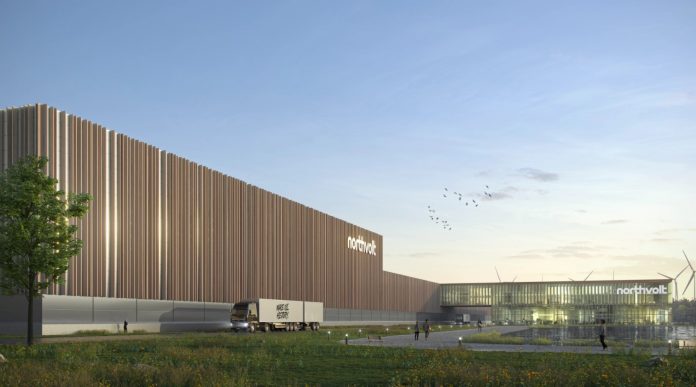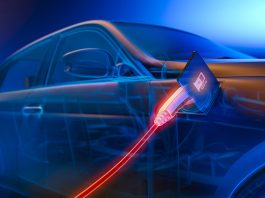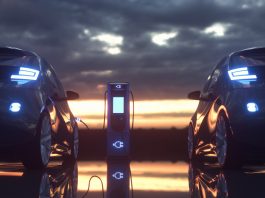Powered by the cleanest electricity grid in Germany’s clean energy valley, Northvolt Drei aims to produce the cleanest batteries in continental Europe with a capacity of 60 GWh.
Northvolt has announced its intention to establish a battery gigafactory in Heide, Schleswig-Holstein, Northern Germany. With an annual potential production capacity of 60 GWh, Northvolt Drei will deliver a supply of sustainably produced lithium-ion batteries to the European market, which is sufficient for some one million electric vehicles.
The factory will be positioned within Germany’s clean energy valley, and is to be powered by the cleanest energy grid available.
The new gigafactory increases Northvolt’s pipeline of battery manufacturing capacity under development to over 170 GWh, thereby advancing the company on its mission to deliver batteries in a manner characterised by clean energy and circularity that is fundamentally different from current approaches that are dominating the global industry today.
Future clean technology ventures
Peter Carlsson, Co-Founder and CEO of Northvolt, commented: “We are excited to announce Northvolt Drei – a project which fits well into a promising future cluster of clean technology ventures emerging in northern Germany and advances the wider European transition towards a sustainable society within which Germany plays a crucial role.”
Envisioned to produce its first batteries in 2025, and to provide approximately 3,000 new jobs, Northvolt Drei’s primary intention is to deliver high-performance lithium-ion batteries, that are produced with the lowest environmental footprint in continental Europe.
The selection of Heide, Schleswig-Holstein, is key to fulfil this objective. The region hosts the cleanest energy grid in Germany, one which is characterised by a surplus of electricity generated by both onshore and offshore wind power, and reinforced by clean energy provided through grid interconnections to Denmark and Norway.
“It matters how we produce a battery cell. If you use coal in your production, you embed a fair amount of CO2 into your battery, but if we use clean energy, we can build a very sustainable product. Our philosophy is that new energy-intensive industries, such as battery manufacturing, should be established in actual geographical proximity to where the clean energy is produced,” explained Peter Carlsson.
Germany’s clean energy valley
It is not only an abundance of clean energy, which positions the region of Heide and broader industrial landscape surrounding Hamburg, as ideally suited to hosting Northvolt’s expanding presence in Europe.
In addition to being centrally positioned in the emerging European battery supply chain connecting Scandinavia and continental Europe, the region also provides the space required to establish a battery plant of sufficient size to leverage the economies of scale in production, which is key to reducing battery costs.
Access to German industrial competence and automotive expertise will provide additional opportunities. Local manufacturing expertise from both the Schleswig-Holstein region, and Heide, will ensure the factory is delivering batteries of the highest quality, while the factory itself will provide critical labour force experience with battery technology – an emerging cornerstone technology of the European economy.
Sustainability at the forefront
With sustainability at the forefront of design and decision-making surrounding Northvolt Drei, the factory will source significant volumes of its raw material requirements from recycled battery metals, as part of Northvolt’s commitment to source 50% of its raw material needs from recycling by 2030.
Alongside battery production, Northvolt Drei will target an on-site battery recycling plant, which will ensure efficient reuse of by-products from the production process, and provide a sustainable solution for end-of-life electric vehicle batteries recovered from European markets.
Across the full scope of the project, Northvolt is eager to bring the company’s commitment to transparency and straightforwardness into its dealings with external stakeholders. This approach has proven successful in Sweden, Norway, and Poland, and there is every reason to believe it will underpin delivery of another project with Northvolt Drei.
Christofer Haux, interim CEO of Northvolt Drei, concluded: “We look forward to engaging with communities and authorities of Schleswig-Holstein to ensure that Northvolt Drei is developed in a transparent and collaborative manner that makes the most of the many opportunities the project represents for the region.”









